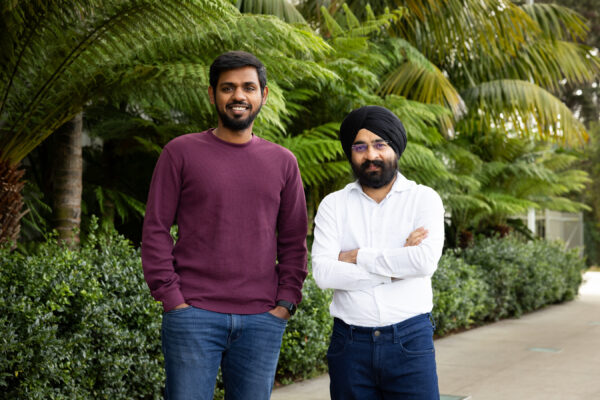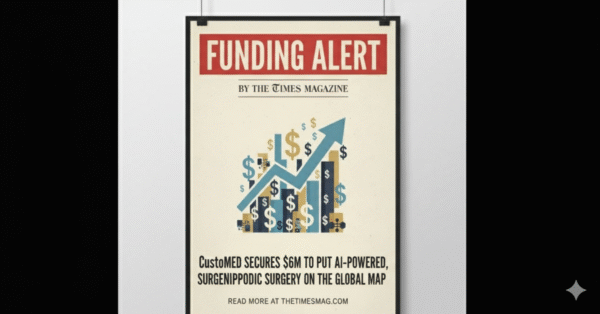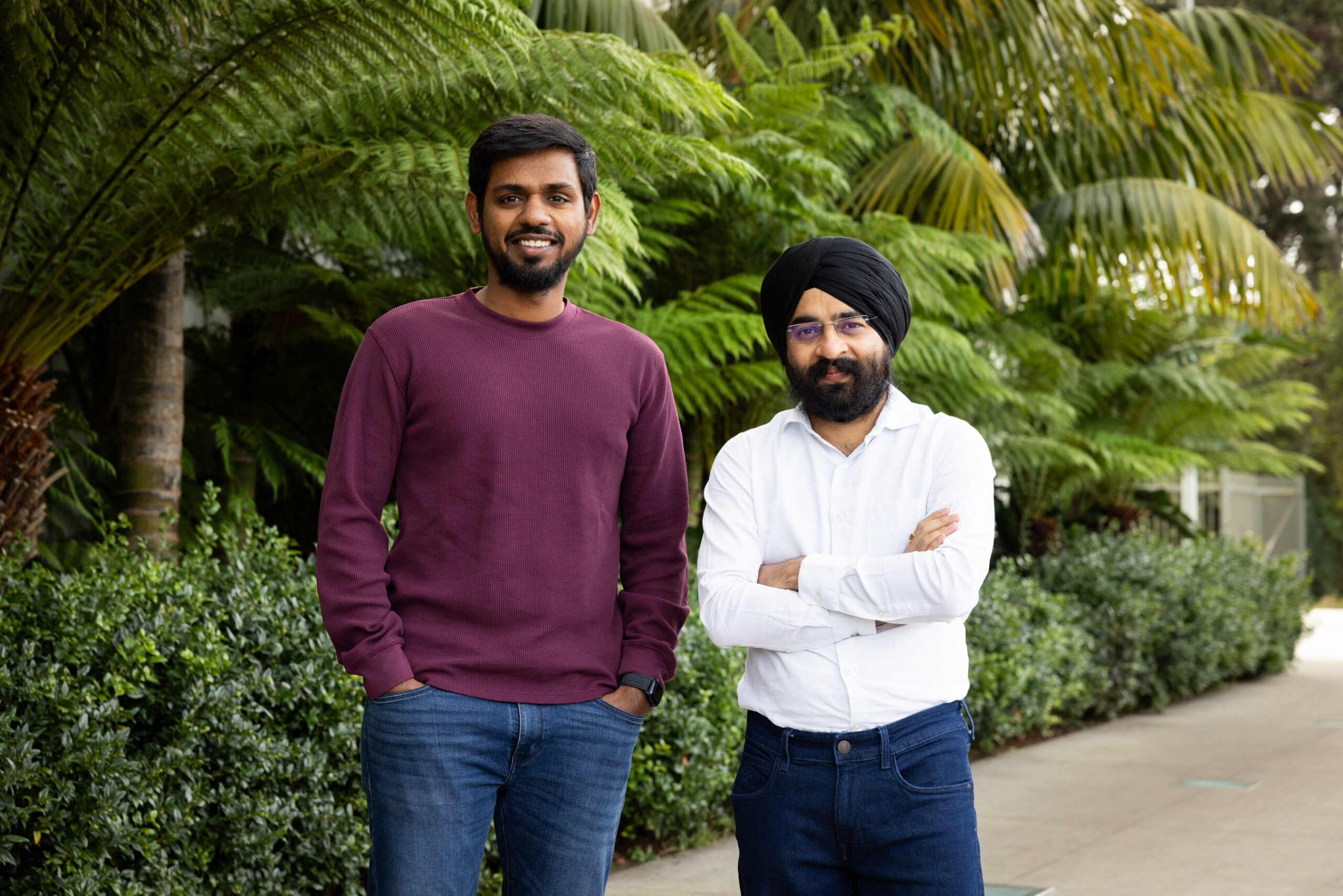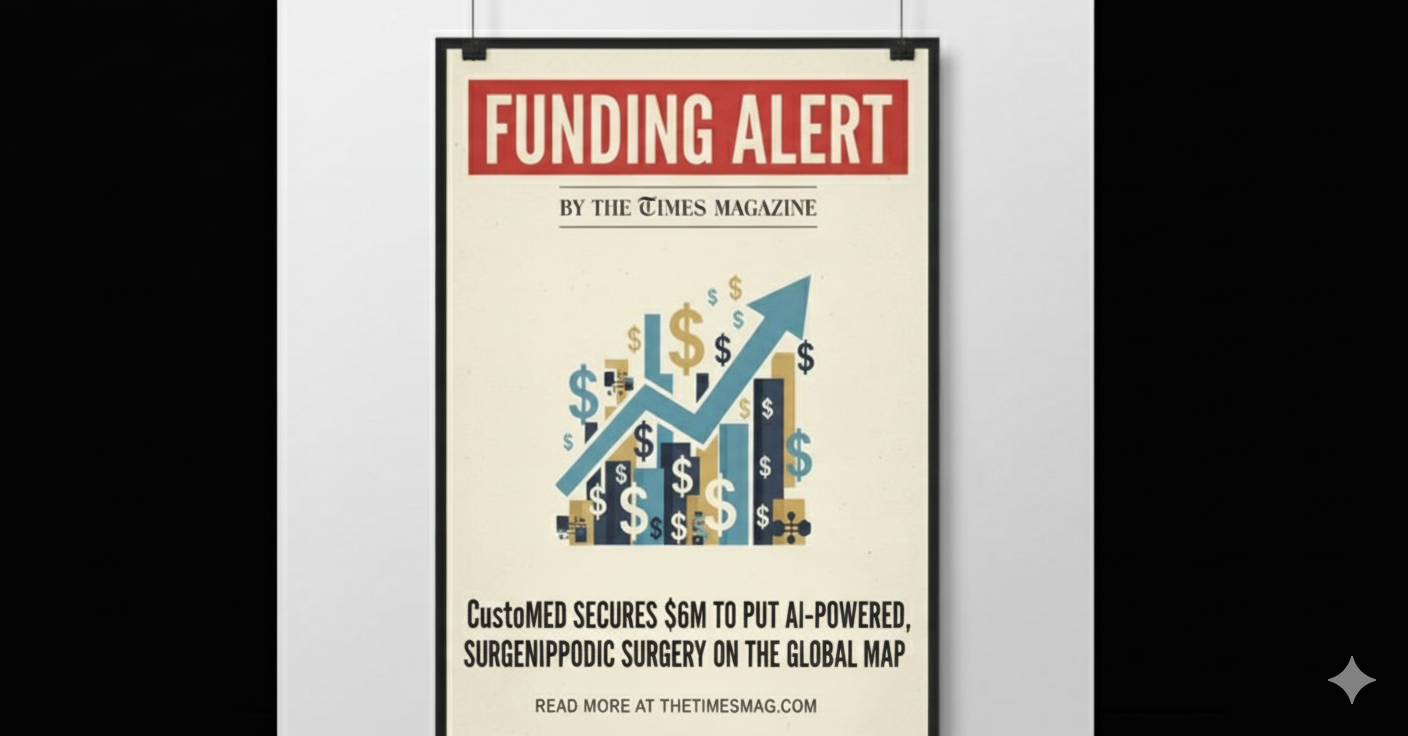When biotech firm VitriVax raised $17.25 million in a Series B funding round, co-led by Adjuvant Capital and RA Capital Management, LP, it revealed more than just money changing hands—it spotlighted a broader fracture point in global immunisation strategy. Based in Boulder, Colorado, VitriVax is tackling two fundamental hurdles in vaccine delivery: the cold-chain barrier and the logistical burden of multiple-dose regimens. Their proprietary ALTA® platform—Atomic Layering Thermostable Antigen and Adjuvant—promises single-shot formulations that remain stable even in temperatures up to 70 °C. vitrivaxbio.com
CEO Romulo Colindres explained the implications of the funding: “This funding positions us well to execute on our regulatory and clinical strategies, bringing us closer to addressing critical needs in vaccine access and immunisation coverage.” The funds will be channelled into scaling GMP manufacturing, advancing toward first-in-human trials, and broadening commercialisation reach. It is an important inflection point following earlier grant support—most notably the $9.9 million award from the Bill & Melinda Gates Foundation aimed at manufacturing scale-up. contractpharma.com
The ALTA® platform underpins a radical rethinking of vaccine logistics: by removing stringent cold-chain requirements and consolidating dosing, it opens pathways to reach remote and resource-limited regions with far greater ease. In doing so, VitriVax positions itself at the intersection of biomedical innovation and global public-health urgency—a space typically under-invested relative to its importance.
Editorial Perspective
Beyond the size of the raise, what makes this move noteworthy is timing and alignment. With the world still grappling with equitable vaccine distribution—and with supply-chain resilience now a strategic imperative—technologies like ALTA® become not just incremental improvements, but potentially paradigm-shifting. VitriVax’s ability to deliver thermostable, single-dose formulations could dramatically shift cost structures and rollout feasibility in emerging markets.
Yet the road ahead remains challenging. Clinical proof, regulatory approvals and manufacturing scale-up are complex in the vaccine world—especially when nested within global health systems. VitriVax will need to demonstrate not only safety and efficacy, but also supply-chain robustness and cost-effectiveness at scale. If it succeeds, it stands to become a crucial enabler in next-gen immunisation campaigns. If not, it joins a long list of technically promising but commercially constrained platforms.
In the broader biotech and global health landscape, this funding signal is important: it shows investors are again lining up behind the ‘last-mile’ problems in healthcare delivery, not just novel molecular targets. For VitriVax, it’s not only about technology but execution—turning thermostable potential into a lived reality for communities that vaccination has failed to reach.
If you need further assistance or have any corrections, please reach out to editor@thetimesmag.com. The Times Magazine











